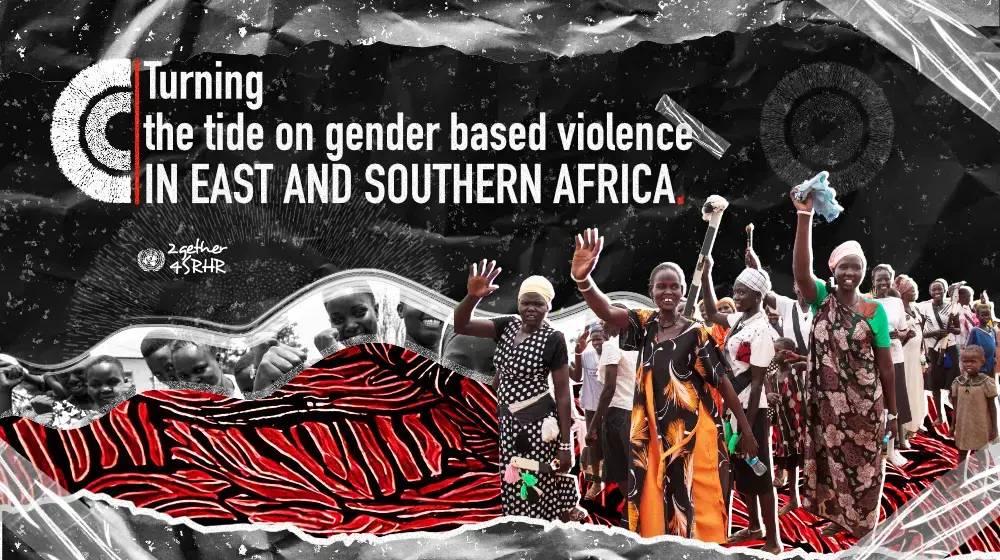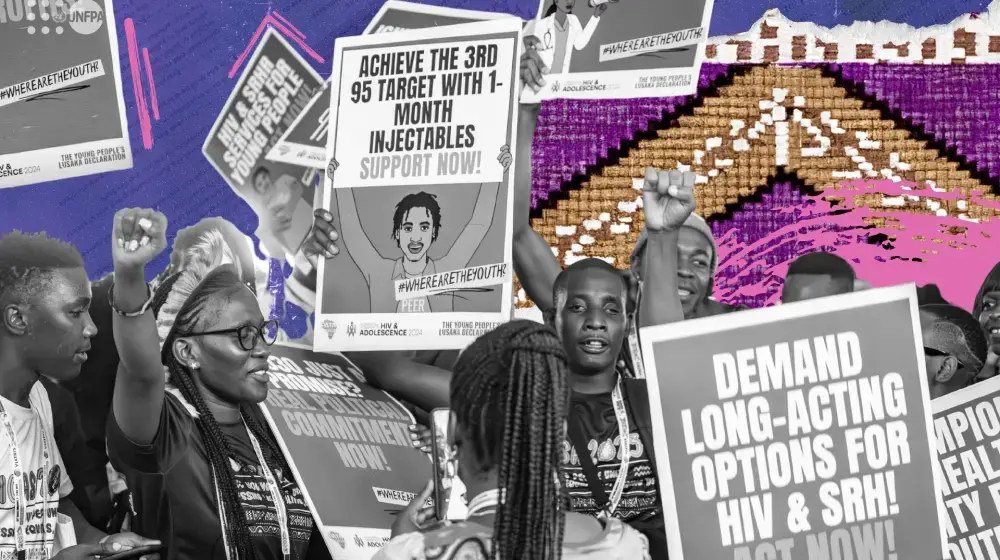ABUJA, Nigeria — The local manufacturing of drugs to combat malaria, tuberculosis (TB) and HIV was key to making progress against the three diseases. This was agreed during a panel discussion including President Yayi Boni of Benin, Prime Minister Alberto Vaquina of Mozambique and President Muhammadu Yusuf of Niger at the Abuja +12 Summit from 12-16 July 2013.
At the conference, which was a special follow-up summit on HIV/AIDS, Tuberculosis, Malaria and other related diseases, heads of government agreed that significant progress had been made in tackling the diseases, but affirmed that much more needed to be done.
Nigerian President Goodluck Jonathan outlined his country’s plan to enrol an additional 600,000 eligible adults and children on Anti-Retroviral Therapy (ART) and the provision of ART for 244,000 HIV-positive pregnant women, at a breakfast meeting during the Summit. His government was also to provide access to combination prevention services for half a million people in the Most-at-Risk-Populations (MARPS) and four million young people. The plan includes activating 2000 new Prevention of Mother-To-Child Transmission (PMTCT) points in addition to 2000 ART service delivery points across Nigeria. President Jonathan promised his administration’s ongoing commitment to full implementation of the plan.
The participants called for a last push on HIV, TB and Malaria. Heads of government emphasized the need for the ongoing support of the Global Fund and the need for sustainability. Taking ownership and ensuring sustainability was the next plan of action for Africa in order to reduce dependency on foreign aid, they stressed.
Without the right political commitment overall success could not be achieved, nor without the participation of communities, said AU Chair Ethiopian Prime Minister Hailemariam Desalegn. He called for bottlenecks to be overcome and stressed that the role played by partners should be encouraged.
At the Summit, UNFPA Executive Dr. Osotimehin met the representative of the International Labour Organization (ILO) Geneva, to discuss collaboration and forging a stronger partnership, especially on working with young people.
~ Kori Habib, UNFPA Nigeria- See more at: https://esaro.unfpa.org/public/news/pid/14657#sthash.EWev7amu.dpuf




